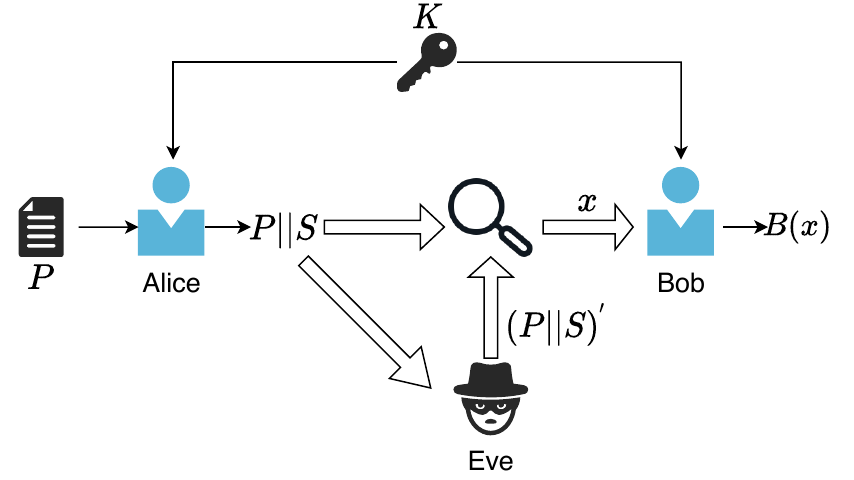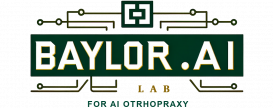Securing communications is an increasingly challenging problem. While communication channels can be secured using strong ciphers, attackers who gain access to the channel can still perform certain types of attacks. One way to mitigate such attacks is to verify the integrity of exchanging messages between two parties or more. While there are robust integrity check mechanisms currently, these lack variety, and very few are based on machine learning. This paper presents a methodology for performing an integrity check inspired by recent advances in neural cryptography. We provide formal, mathematical functions and an optimization problem for training an adversarial neural cryptography architecture. The proposed neural architectures can adequately solve the problem. In our experiments, a receiver can verify if incoming messages are authentic or altered with an accuracy greater than 99%. This work expands the repertoire of integrity checking methodologies, provides a unique perspective based on neural networks and facilitates data security and privacy. Paper: [ bib , pdf ]


